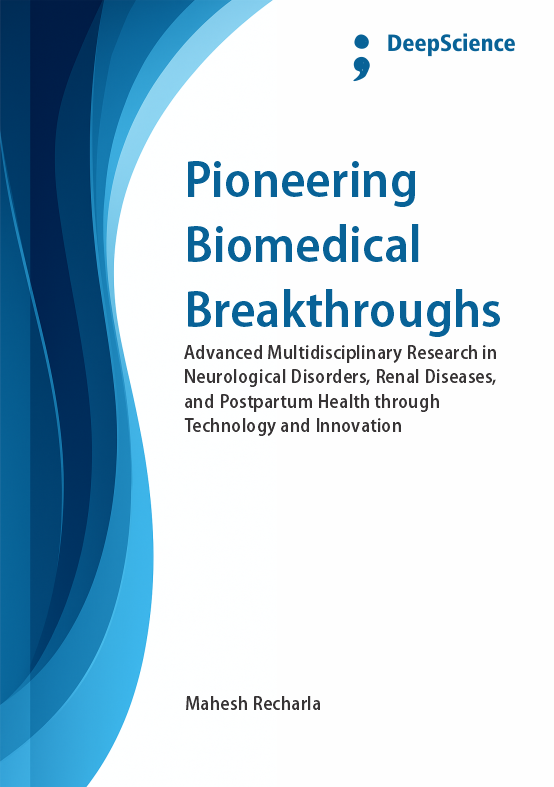Innovations in kidney disease: Diagnostic breakthroughs and cutting-edge treatment protocols
Synopsis
Kidney diseases have a diverse global impact on public health, comprising an array of disorders that affect the kidneys and their surrounding tissues, and serve to disrupt the normal functions of the organ. The kidneys are two highly specialized and vascularized organs, whose functions primarily serve the removal of metabolic waste, via the filtration of blood. Other important kidney functions are the regulation of fluid balance, control of electrolytes, regulation of acid-base homeostasis, maintenance of normal blood pressure, and endocrine functions, such as the regulation of calcium and vitamin D homeostasis, and the stimulation of erythropoiesis. The disruption of normal kidney function can lead to a wide range of clinical consequences, including acute kidney injury, chronic kidney disease, metabolic bone disease, electrolyte derangements, hypertension, fluid overload, and anemia.












